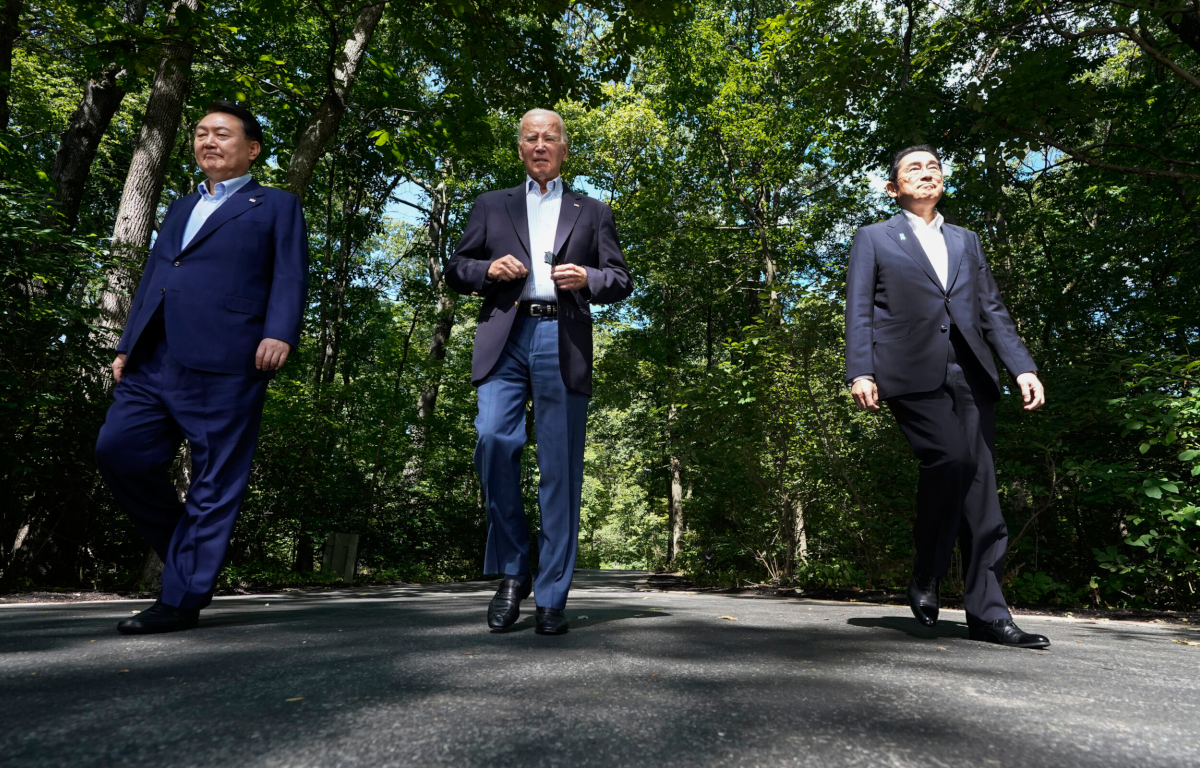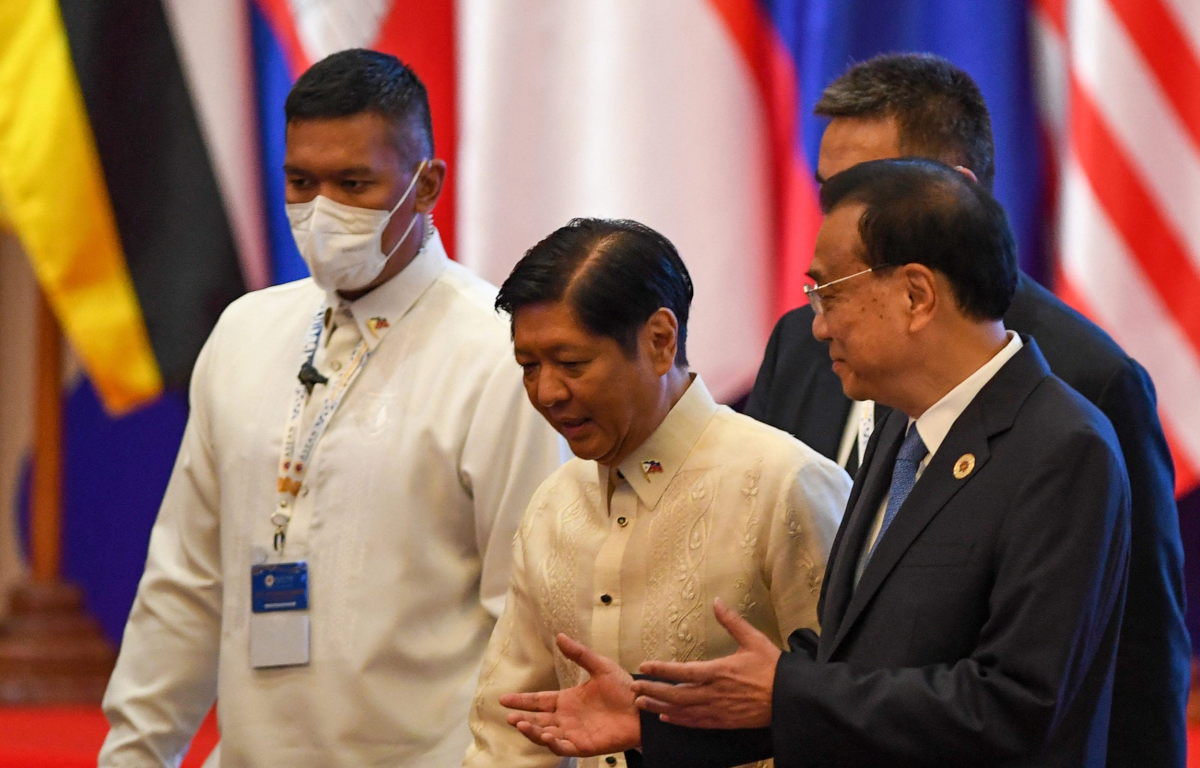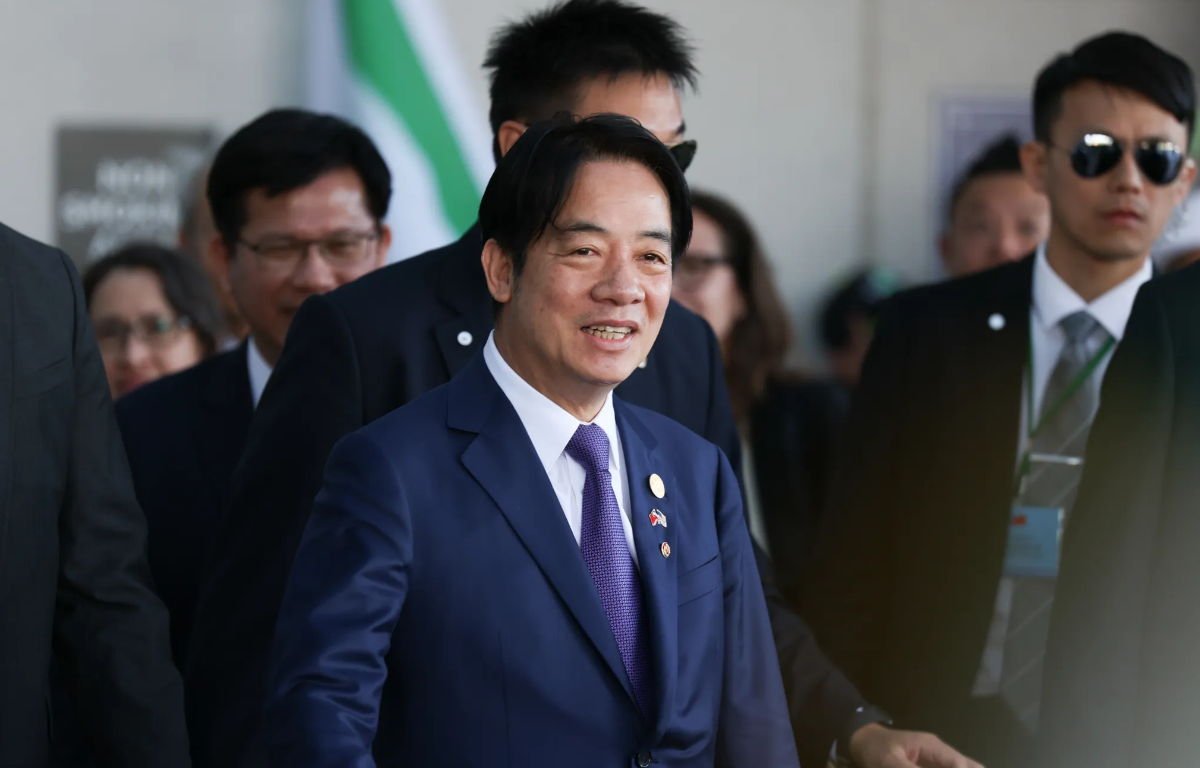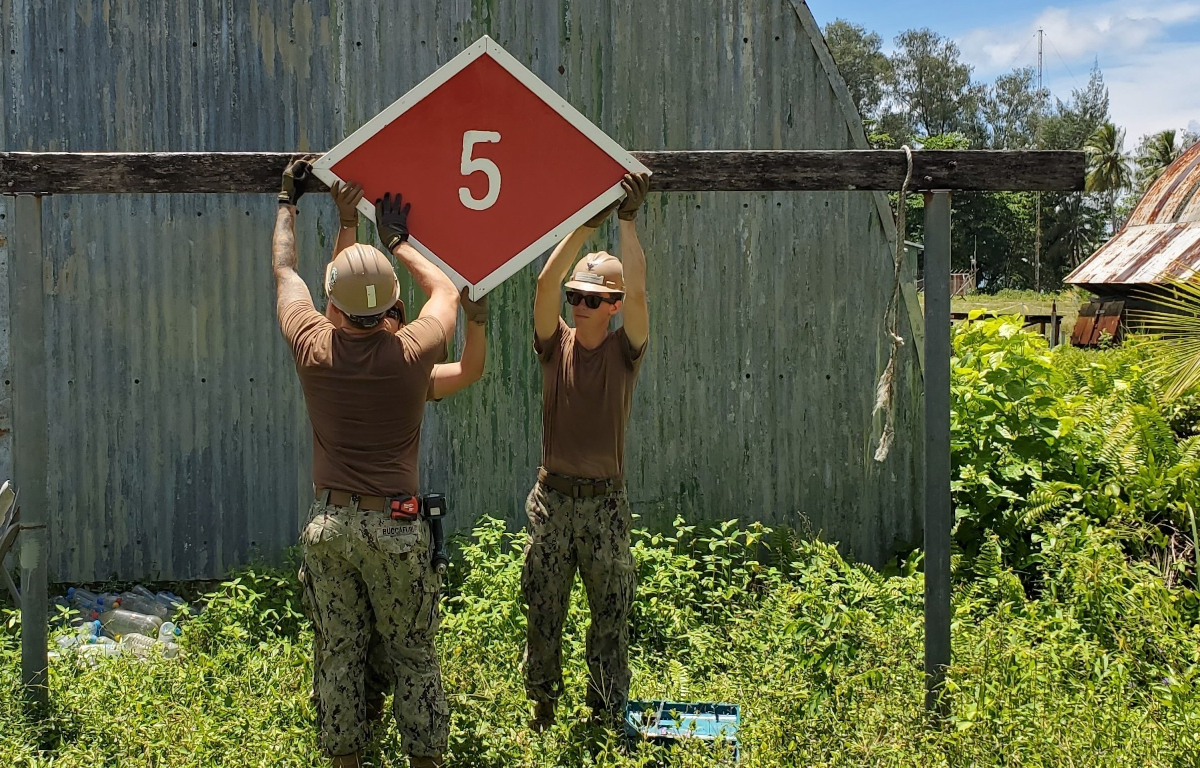
According to reports, the country is exploring ways to supply military equipment and technology to countries such as the Philippines, Vietnam, and Indonesia. This move comes as Japan is looking to bolster its security ties with other countries in the region and contribute to the maintenance of regional stability.
One of the primary goals of Japan’s overseas military aid program is to strengthen the defense capabilities of its allies and partners in the region. This includes the provision of equipment such as patrol vessels, radars, and communications systems. Japan has already provided aid to several countries in the region, including the Philippines and Vietnam, in the form of patrol vessels and other maritime equipment.
Japan’s push for overseas military aid also comes as China continues to expand its military presence in the Indo-Pacific region, including in the South China Sea, where it has built several military bases on artificial islands. Japan has been critical of China’s actions in the region, and has been actively seeking to counter its influence through diplomatic and military means.
While Japan’s overseas military aid program is still in the early stages, it has already sparked controversy and criticism from some groups, who argue that Japan’s pacifist constitution should not allow for such activities. The country’s pacifist constitution, which was imposed by the United States after World War II, prohibits Japan from using military force to settle international disputes.
However, Japan’s government has argued that providing military aid to its allies and partners in the region is essential for regional stability and security, and is not a violation of its pacifist constitution.
Japan’s move towards overseas military aid reflects its growing concerns about China’s influence in the Indo-Pacific region. While this has sparked controversy and criticism, Japan’s government remains committed to its goal of contributing to regional stability and security through military aid and other means.










Share this: